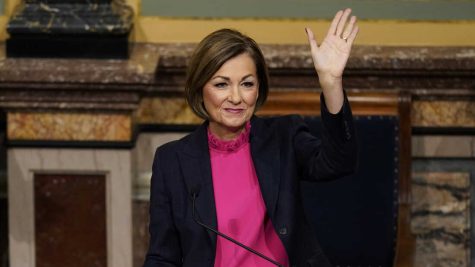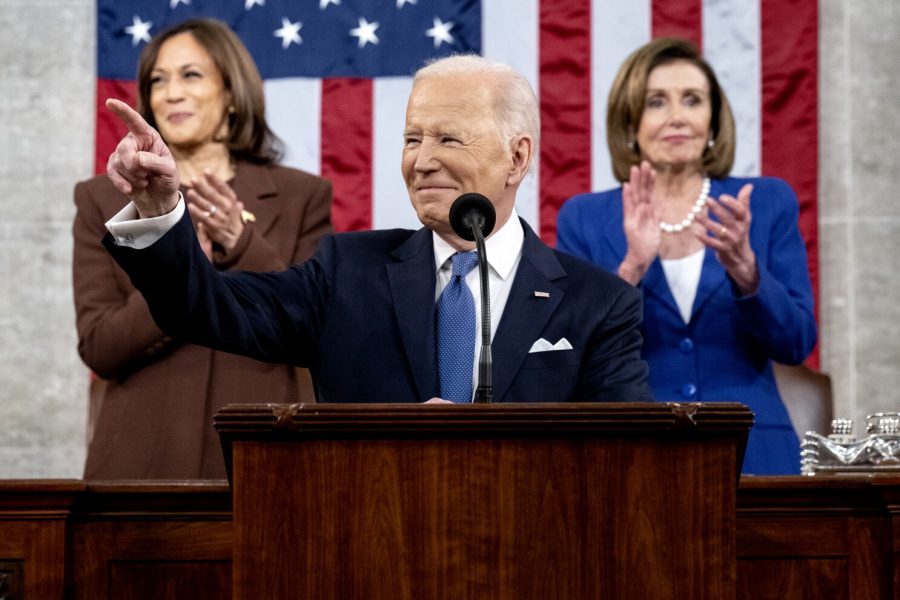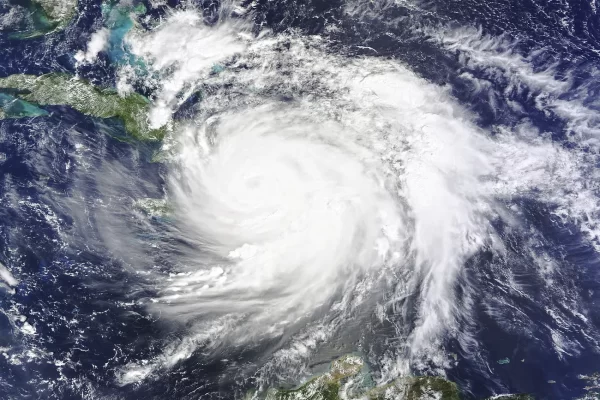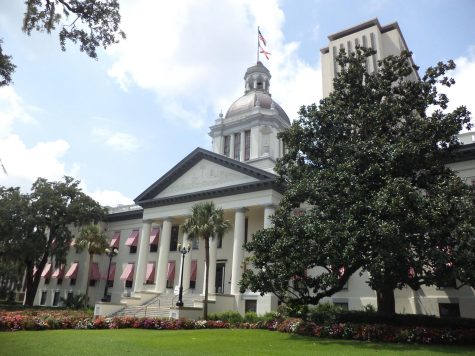Recap: 2022 State of the Union Address
On Tuesday, March 1, 2022, President Joe Biden gave his first State of Union Address amid a time of international crisis, given the Russian invasion of Ukraine, and domestic challenges, like the pandemic and inflation. Seated behind him were Vice President Kamala Harris and House Speaker Nancy Pelosi, making this the first time that any President has delivered such an address with two women holding both positions.
The president started his speech by expressing a message of solidarity with the people of Ukraine, commending them for their bravery and announcing that Putin has run into “a wall of strength he never imagined,” referring to the strengthened American alliances with the European Union and NATO. Seated alongside the First Lady, in the House gallery, was the Ukrainian ambassador to the United States, Oksana Markarova, who was acknowledged by the President at the start of his speech. All of his powerful references on the situation in Ukraine were met with fierce bipartisan applause, and many of the country’s flags could be spotted on both sides of the aisle during standing ovations. Such expressions of solidarity were expected but seemed to resonate more deeply when delivered to a world nervously watching the largest disruption of international order since World War II. Biden also announced that the United States would ban Russian aircraft from entering American airspace, the latest in a wave of retaliatory punishments that Biden has exacted on the Russians since their invasion, which, as he pointed out, has already caused the Russian economy and the value of the national currency, the ruble, to plunge.
After addressing the war in Ukraine, the President shifted his focus to his domestic agenda, and specifically his plans to lower costs for Americans in the face of unrelenting inflationary price spikes. Specifically, the President said that his plans to reduce the costs of prescription drugs, medical services, and childcare would not only alleviate the wealth lost due to inflation but would also reduce the deficit. The latter has been the prime concern of Senator Joe Manchin of West Virginia, who has been the main Democrat roadblock to the president’s domestic agenda over the last year. In addition, the president made sure to emphasize his other means of fighting inflation, including assistance to maritime supply chains, and legislation that would rapidly increase the mass manufacturing of goods here in the United States of America. President Biden also pushed for his plans to combat the climate crisis, including those based on resiliency in the face of massive storms across the country. All of this can be looked at together with the President’s victory laps on his two main legislative victories so far: the American Rescue plan, which he said enhanced American job growth and vaccine distribution, and the Bipartisan Infrastructure law, which has aided with the repair of roads and highways, the removal of lead pipes, and investments in renewable energy.
To cap off his speech, President Biden thanked retiring Supreme court Justice Stephen Breyer and asked the Senate to confirm his nominee for the position, Judge Ketanji Brown Jackson, who would become the first Black Woman on the Supreme Court if confirmed. After pushing for enhanced border security and assistance to undocumented immigrants and funding for crime-prevention programs, the President turned to a series of bipartisan priorities that got standing ovations on both sides of the chamber. These included fights against cancer, help for veterans, assistance for mental health, and battling the opioid epidemic. In the conclusion of his speech, the President declared that the State of the Union is great because the American people make it so, preaching unity and togetherness in the face of division and separation.

After the President concluded his speech, Republican Iowa Governor Kim Reynolds delivered the formal rebuttal on behalf of her party. She rebutted his foreign policy arguments by retorting that Biden had established an American position of weakness from which the nation could not effectively combat adversaries worldwide. Specifically, she characterized the President’s foreign policy as “too little too late.” Reynolds also blasted the administration’s response to inflation, saying that it’s an “everyday problem,” and that the President has not worked to combat it effectively. Her overall argument, however, was focused on children and their experience in schools during the pandemic. Fiercely opposed to mask mandates throughout the entirety of the last two years, Reynolds attempted to make the case that Democrats were not acting in the best interest for families and children and that policies like hers, which lacked mask mandates and virtual learning at the height of the pandemic, were less harmful to students.
In an unconventional move, progressives within the Democratic party also decided to give a rebuttal to her address, which was given by Representative Rashida Tlaib of Michigan. While many criticized the move as divisive for the President’s party, her speech turned out to be largely complementary to the President and his policies, with the notable exception of her call for the President to immediately use executive action to cancel student loan debt, and her criticism that he did not address the climate crisis enough in his address. Her attacks were largely aimed at a group of moderate Democrat members of Congress, led by Manchin, who have moved to scale down, or in some cases completely block, the most ambitious parts of President Biden’s plans from voting rights to environmental protection.
All in all, the President’s address came at a pivotal time for the country and the world. At the broadest level, this represented a show of alignment with the Ukrainian people at a time of great geopolitical strife in Europe. At home, this represented a high-profile attempt to win support for President Biden’s party ahead of this year’s crucial midterm elections and highlighted the eagerness of Republicans to fight back.

Abhishek is a deeply engaged member of the Albuquerque Academy community, part of several government and politics-focused clubs and activities. For the...












